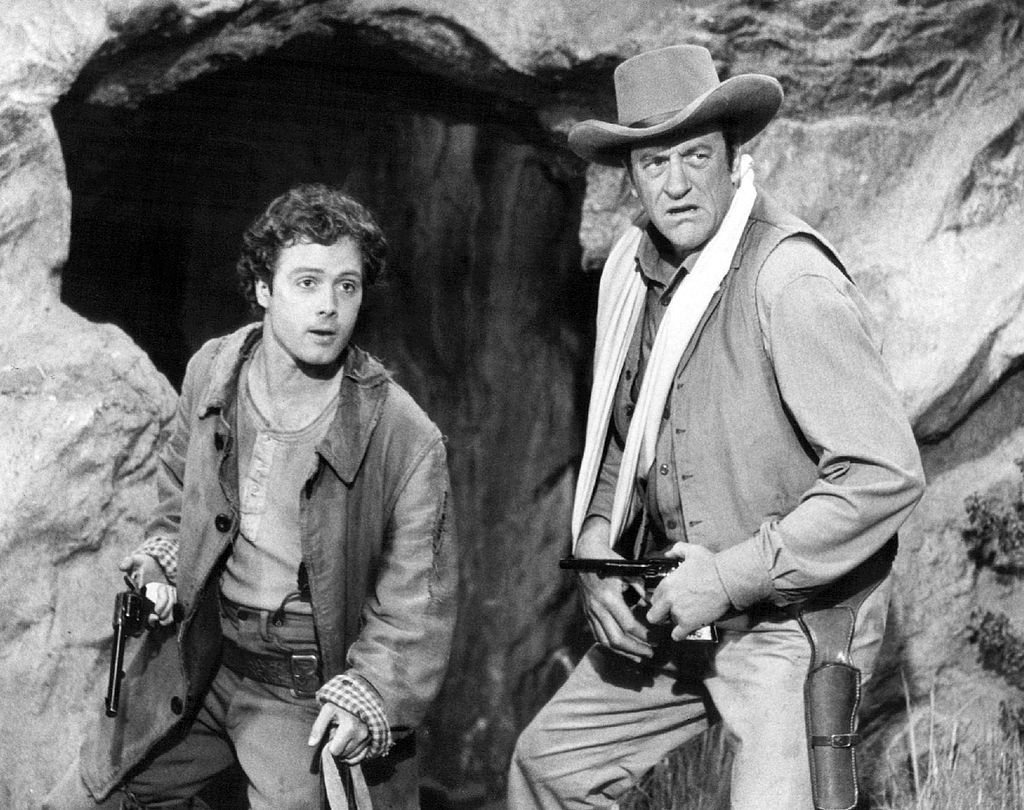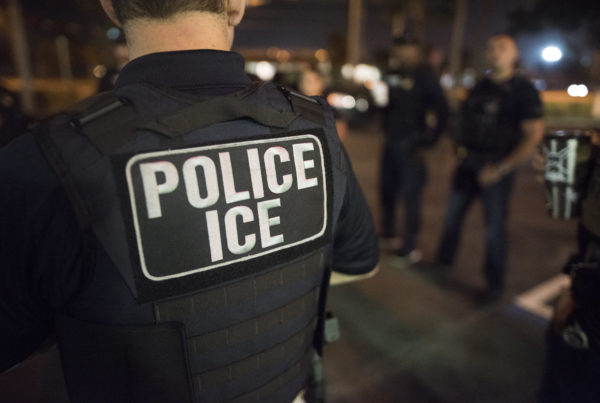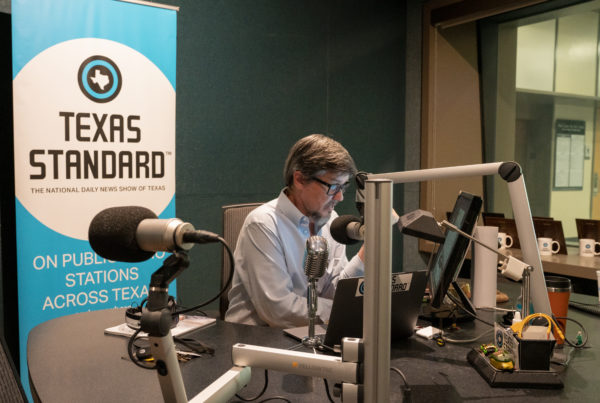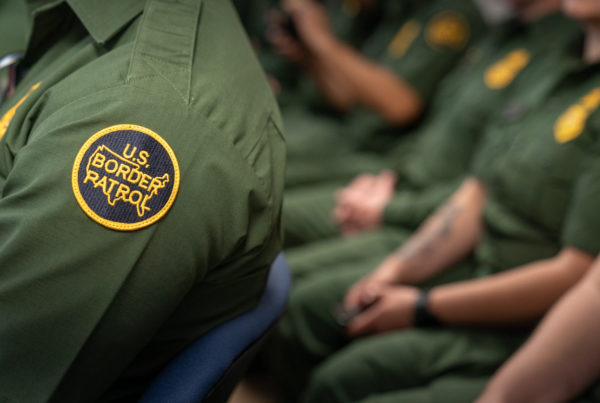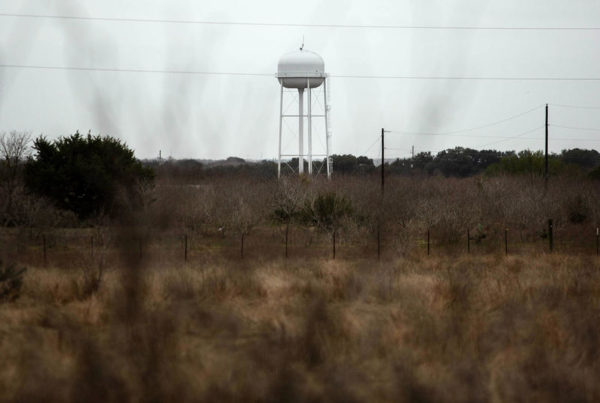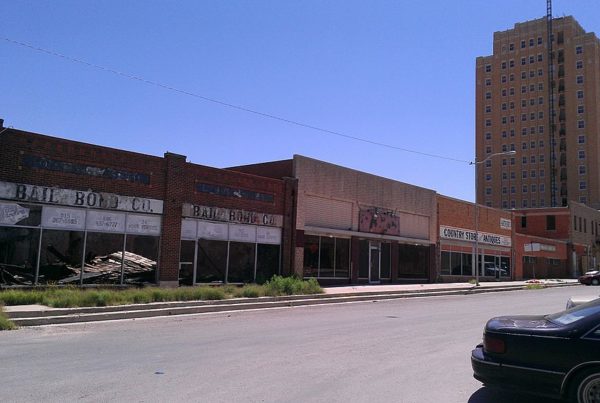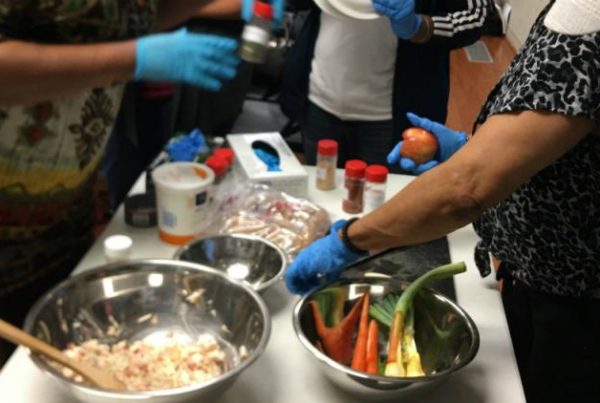Ever heard of the “Gunsmoke” rule?
It was created several years ago by TV ratings guru Bill Gorman. He noticed that sports cable channel shows like ESPN’s “First Take” were being beaten by “Gunsmoke” reruns. In fact, Newsday found in a sample a few years ago that all but seven of the 276 sports programs on cable television on one day were being beaten by “Gunsmoke” reruns, even though the show went off the air more than 40 years ago. So the message to sports show programmers was, “If you’re not beating “Gunsmoke,” you’ve got little to crow about.”
And that’s just “Gunsmoke” reruns.
When “Gunsmoke” was actually on the air in prime time between 1955 and 1975, it was often the No. 1 show on television. It was enormously popular in Texas. As a kid I remember it being the last show I could watch Saturday night before being rushed off to bed. I always felt deeply connected to the culture of the show and I recently learned why.
Not long ago I was I visiting with an old friend and colleague, Dr. Jack Stanley who wrote his dissertation on “Gunsmoke.” We were discussing the show and he said to me, “Did you know that Matt Dillon was a Texan?”
“No,” I said, “I didn’t.”
Dillon is the central character of “Gunsmoke” – the U.S. Marshal of Dodge City, Kansas. In the series, he often goes to Texas to bring back a bad guy. I didn’t know, though, that Matt Dillon was from Texas.
It’s true. Jack told me that in the last made-for-TV “Gunsmoke” movie, “One Man’s Justice,” which aired in 1994, it was revealed that Matt was born in San Antonio.
His father was, in fact, a Texas Ranger and was killed in the line of duty. But Matt didn’t move immediately in the direction of becoming a law man. The movie reveals he spent some years in the Texas Panhandle where he sowed his wild oats and crossed paths with outlaws who tried to corrupt him. He resisted and moved on to Kansas where he followed in his father’s footsteps and became a U.S. Marshal, the iron-handed law man of Dodge City.
Another thing you might not know is that, originally, the show was on the radio. It opened with this line from the narrator:
“Around Dodge City and in the territory on West, there’s just one way to handle the killers and the spoilers. And that’s with a U.S. Marshal and the smell of gun smoke… The story of the violence that moved west with young America and the story of a man who moved with it.”
“I’m that man. Matt Dillon, United States Marshal … the first man they look for and the last they want to meet. It’s a chancy job … and it makes a man watchful … and a little lonely.”
William Conrad played Matt Dillon on radio, but when the show moved to TV, another Texas favorite, John Wayne, was supposed to play Matt Dillon. He decided against it, though, and convinced James Arness, a man who was often his double in movies, to take the role.
On TV, the show opened in its early seasons with no narration. It showed a quick-draw gunfight between Matt and an outlaw, which Matt won, of course. There is a close-up of Matt’s post-fight grimace that seems to say, “Business as usual. Bad guys making bad choices.”
“Gunsmoke” still has enormous viewership, almost half a century since it quit putting out new episodes. It’s on TVLand these days and based on my own survey of Texans, including my brother, Redneck Dave, and his crowd of six retirees, it’s on several hours a day in their households. I, myself subscribe to The Western Channel just so I can watch “Gunsmoke.” And now that I know that Matt was a Texan, which I always suspected, I will enjoy all the more.


